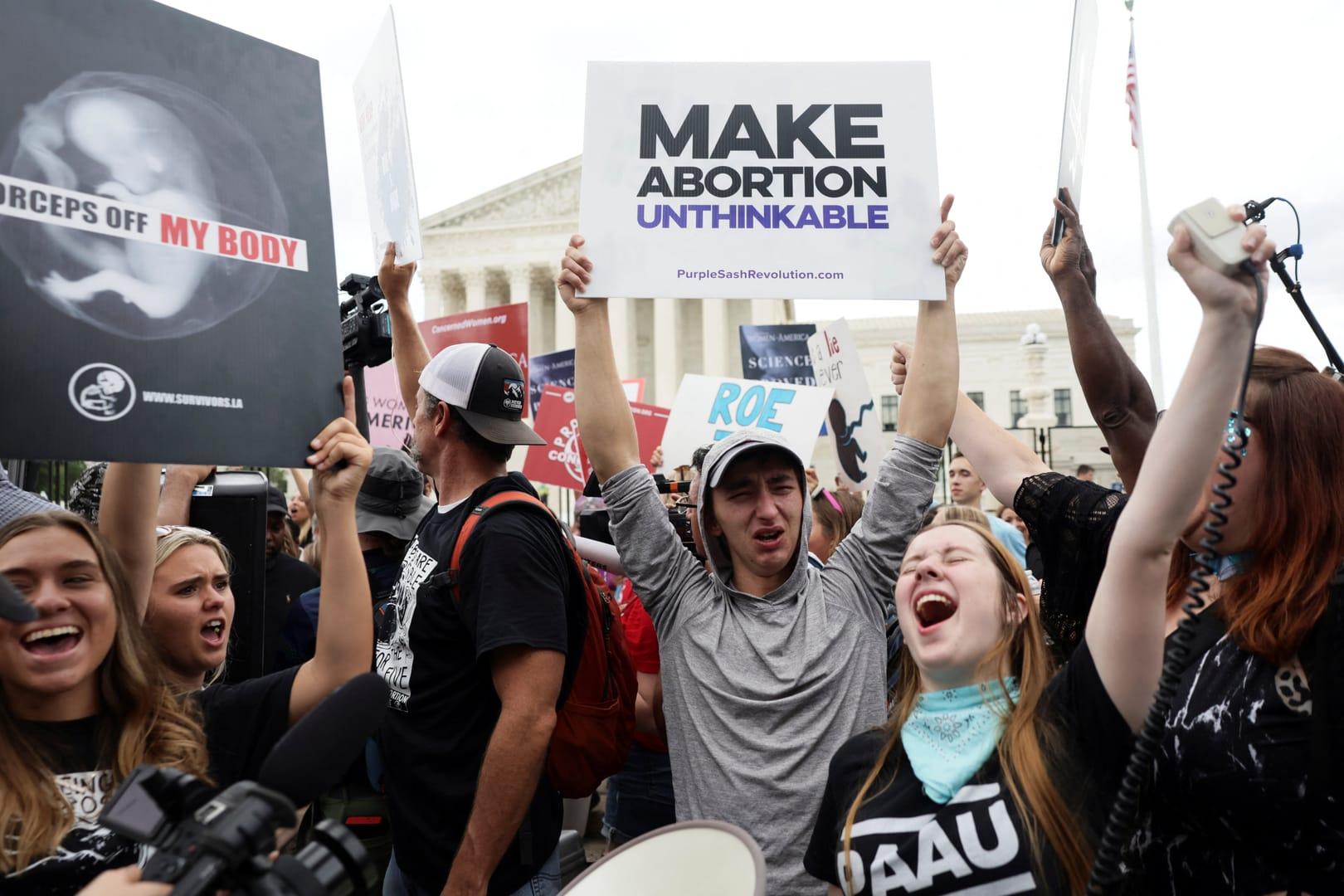NEW YORK – A proposal from Maine legislators to codify the right to an abortion throughout a pregnancy in the state’s constitution has drawn the ire of the state’s lone Catholic bishop, who has called the proposal “immoral and unnecessary.”
The proposal, made earlier this week, follows last summer’s passage of a bill that expanded abortion access in the state from about 24 weeks – when a fetus is generally viable outside of the womb – to any time during a pregnancy if deemed medically necessary by a licensed physician.
That bill narrowly passed by a 73-69 vote, giving Maine one of the least restrictive abortion laws in the United States. State legislators now look to cement that reality with their new proposal to amend the constitution.
“This is a political attempt to distract from the heinous law passed last June that eliminated any restrictions for abortion,” Bishop Robert Deely of Portland, Maine, said in a statement. “A change to the constitution to promote abortion on demand will affect unborn children who cannot speak for themselves but will suffer the ultimate price.”
The proposal, bill L.D. 780, reads: “Every person has a right to personal reproductive autonomy, which is central to dignity and the liberty to determine one’s own life course. The State may not deny or infringe on the right to personal reproductive autonomy unless the denial or infringement is justified by a compelling state interest and is accomplished using the means that least denies or infringes on the right.”
Given how narrow the vote was to pass the abortion expansion last summer, it will be difficult for the current proposal to pass – it takes approval votes from two-thirds of the state house and senate, and approval on a statewide ballot, to amend Maine’s constitution.
Maine Senate Majority Leader Eloise Vitelli told a local news outlet that she proposed the amendment “to ensure the right [to an abortion] is preserved and protected going forward.”
Democratic Gov. Janet Mills could not be reached by Crux for a comment on the proposal. However, last summer Mills said the abortion expansion legislation was important to “take government out of the decision-making process and put the doctor and the patient in charge.”
Deely is one of a number of Catholic bishops who will travel to Washington, D.C., this week to participate in the National Prayer Vigil for Life at the Basilica of the National Shrine of the Immaculate Conception, held today, and tomorrow’s National March for Life.
Bishop Michael Burbidge or Arlington, the U.S. Bishops’ Conference pro-life chair, is the celebrant and of the vigil’s opening Mass, held this evening. Earlier this week, Burbidge issued a statement ahead of the anniversary of the Supreme Court’s 1973 Roe v. Wade decision, which legalized abortion nationwide.
The Supreme Court overturned Roe last summer with its Dobbs v. Jackson Women’s Health Organization decision, which put abortion law back in the hands of the individual states. Ever since, some states have restricted the procedure, including in some cases making it completely illegal. Some states have expanded access to abortion, including in some cases – as Maine is trying to do – making it available throughout pregnancy. And some states have remained at or around the viability standard set by Roe.
Commenting on abortion policy post Roe, Burbidge said “human life remains gravely threatened by legalized abortion in most states and it continues to be aggressively promoted at the federal level.”
Burbidge added that the American bishops remain committed to work for the legal protection of every human life from conception to natural death. He also noted that equally as important as advocating for abortion restrictions, is helping women who face unexpected pregnancies, and being there to support new mothers and their babies.
“May all people of faith and good will proclaim that human life is a precious gift from God and that each person who receives this gift has responsibilities toward God, self, and others,” Burbidge said. “And may we work together towards the day when society, through its laws and institutions, protects and nurtures human life at every stage of its existence.”
Follow John Lavenburg on X: @johnlavenburg












